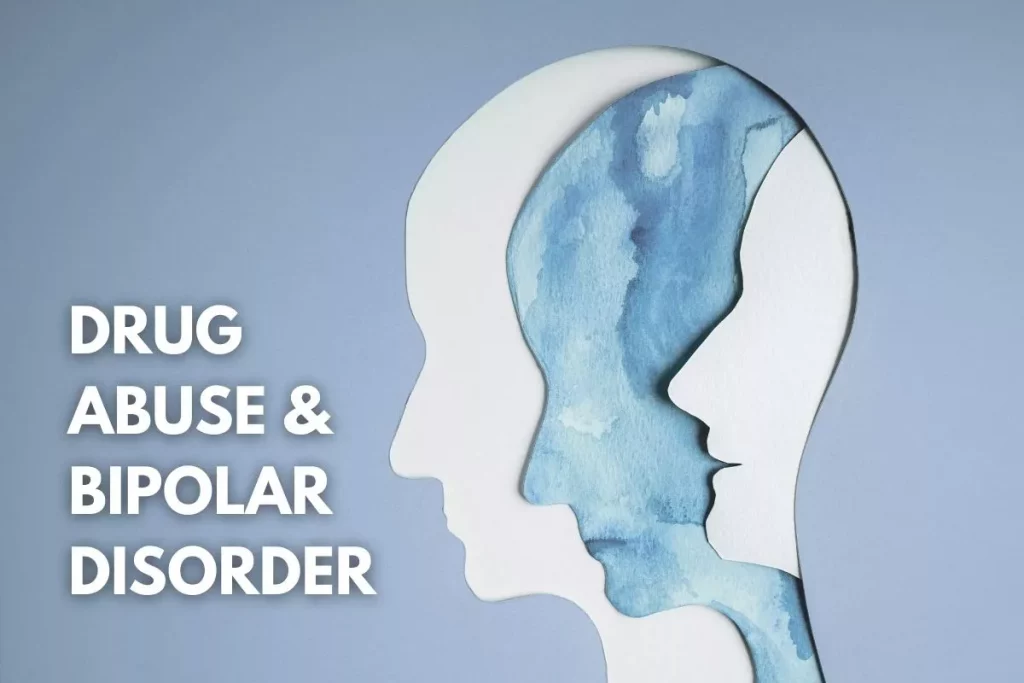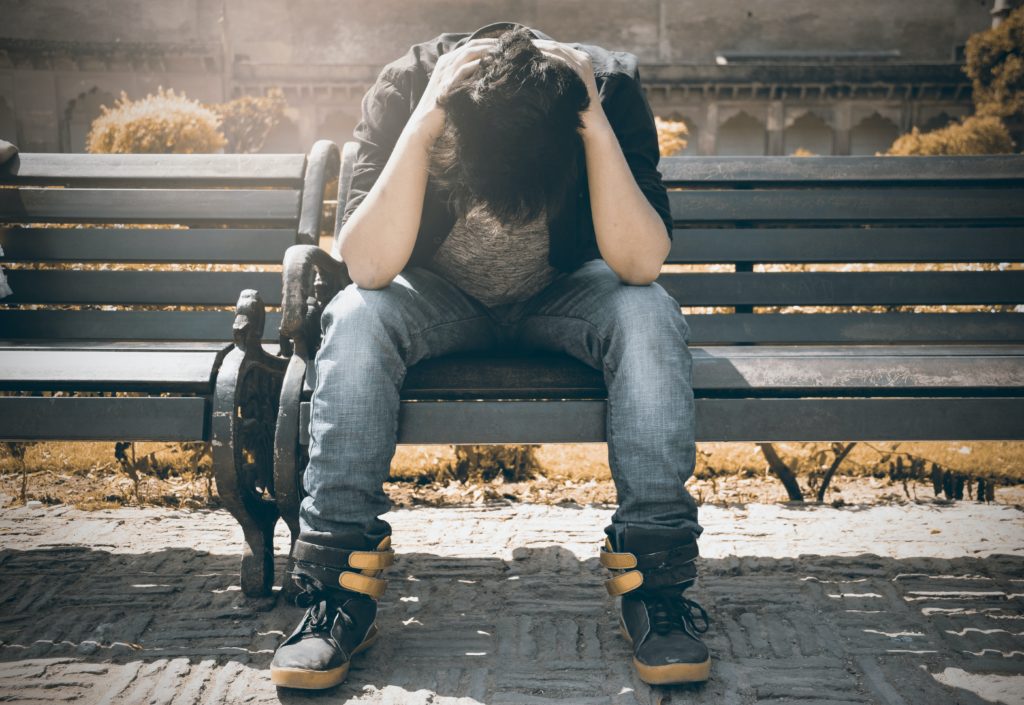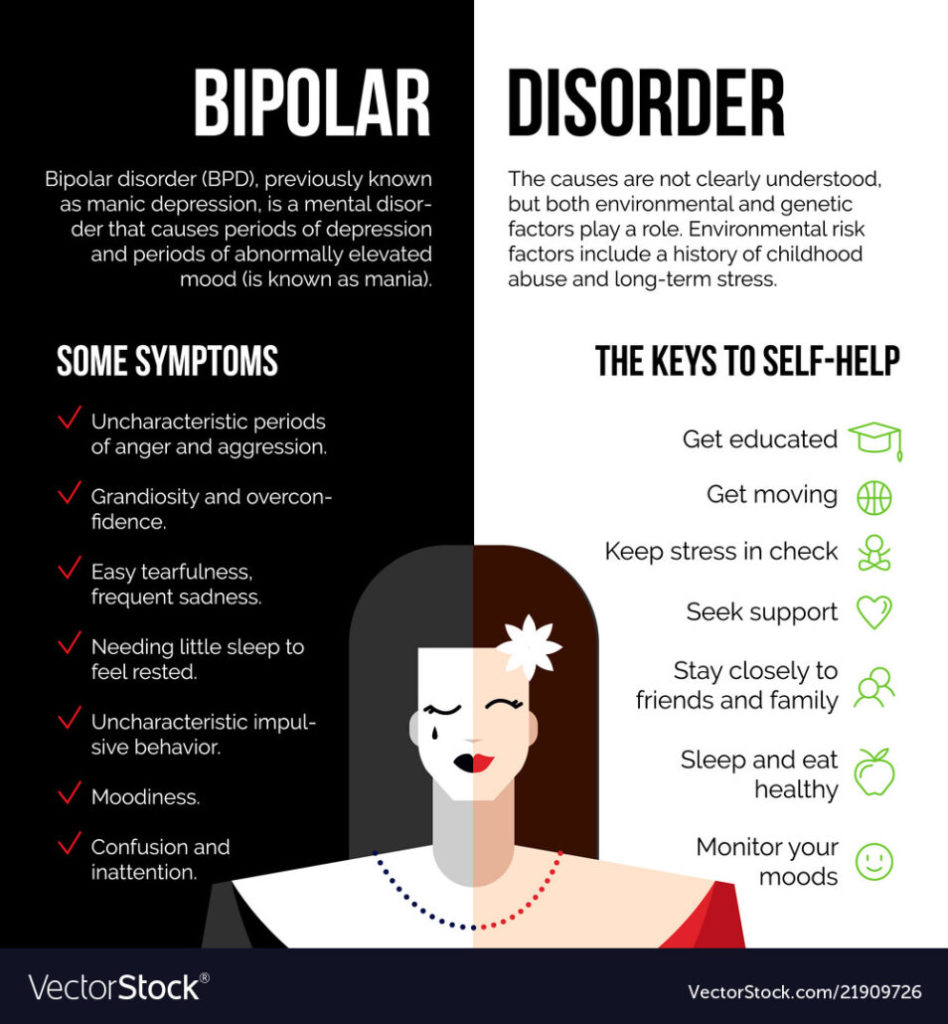
From self experiences I would say that there is a very strong connection between bipolar and addiction. It seems like addiction and bipolar go hand in hand with one another. Most people that I know that have bipolar disorder also suffer from some type of addiction.
Bipolar and Addiction
One of the main explanations of why people who have bipolar disorder and also suffer from addiction us the addictive substance to help or mask the mania symptoms or the depression symptoms. Alcohol and drugs will make a person feel better if they are manic or depressed.
In some cases alcohol can actually make depression worse and strong uppers can make mania worse as well. But there seems to be a very strong connection between the bipolar person and the addiction.
I turned to alcohol long before I even knew that I was bipolar. I was masking my symptoms. then I turned to pills to make the depression and the mania better. People who have bipolar disorder and have addiction or addictions tend to turn to whatever drug or alcohol that makes them feel the best.
Some of These Drugs Included:
- Alcohol
- Weed
- Pain Pills
- Meth
- Other Types of Downers
- Other types of Uppers
There has to be a strong biological connection between addiction and bipolar. The high percentage of people that have both are high.
Treatment for bipolar disorder and substance abuse can be challenging, requiring a close look at symptoms of mental illness, as well as behaviors associated with addiction.
Although researchers do not fully understand the link between these two disorders, behavioral and emotional symptoms associated with bipolar disorder may lead individuals to be more prone to using substances that cause addiction.
A History of Addiction and Bipolar
At the same time, bipolar disorder at higher rates may lead individuals to develop an inflated sense of self, which may lead them to incorrectly believe that drugs and alcohol do not affect them in the way that addictive substances do affect others.
Many individuals with bipolar disorder also misuse drugs and alcohol, which can develop into an addiction.
This means those people with risk factors who use drugs, smoke, or drink are all likely to have a bipolar personality disorder, too.
Often, people wonder if bipolar disorder precedes addiction, but in many cases, it is likely that drug and alcohol use makes the extreme swings in moods more extreme, and thus more noticeable.
Many patients use drugs or alcohol as self-medicating for symptoms of bipolar disorder. This is also known as a dual diagnosis.
People with a history of manic episodes before drug use are more likely to be aware of bipolar disorder.
People without a history of mental health problems may also develop a previously dormant bipolar disorder due to drug abuse.
While drug abuse is a widespread phenomenon in teens, some teens may have underlying mood disorders that make the situation worse.
There are also studies pointing out the ways that some abuse prescription drugs, taking substances like marijuana or alcohol to stabilize mood swings.
Substance Abuse and Traits
There is no simple explanation for the high rates of substance abuse and chemical dependency in people with bipolar disorder.
In fact, as many as 56% of all bipolar patients experience problems with substance use at some time during their lifetime.
Integrating treatments for these two co-occurring disorders is an excellent way to treat both problems simultaneously.
The outcomes for individuals who are double diagnosed, or who suffer from mental illnesses that occur together with a substance use disorder, are typically far better when the two conditions are treated simultaneously, in the same program.
Substance misuse can occur with either diagnosis, but the presence of depression is more likely to produce damaging symptoms, such as self-isolation, suicidal ideation, and feelings of hopelessness, which increase the risk of alcohol or drug abuse.
These same traits can also influence how the brain reacts to alcohol and other drugs, increasing the risk for alcohol use disorders and drug dependence.
Drugs may rewire other parts of the brain, which influence mood and behavior.
This Heavy drug or alcohol use may disrupt how the brain processes serotonin, leading to mood instability, uneven energy levels, and depression.
People with bipolar disorder may turn to drugs or alcohol because of a subconscious need to stabilize mood.
In other cases, bipolar and addiction are linked as means to coping. The only solution to overcome this dual diagnosis is the right medications, therapy and abstinence from drugs and alcohol.


